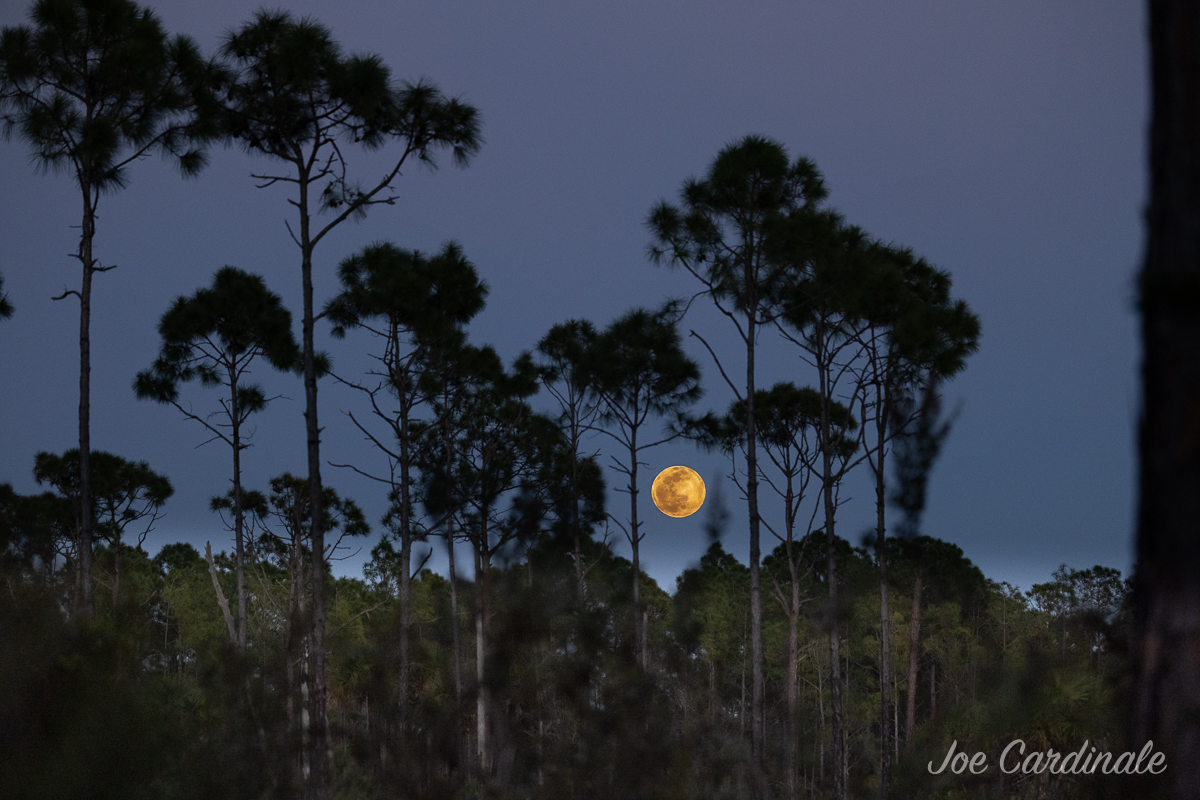
Small Game Hunting Season at CREW opens December 7th and runs through January 4th, 2014 at the CREW Cypress Dome Trails, Caracara Prairie Preserve, and in portions of the Flint Pen Strand unit of CREW. Specific Small Game season regulations for CREW are listed below. Complete regs can be accessed at the Florida Fish & Wildlife Conservation Commission website.
The Cypress Dome Trails will remain open to other users – hikers, bikers, geocachers, campers and horseback riders – during hunting seasons. Trail hikers are encouraged to wear bright colors (hunter orange) when hiking during hunting seasons. No hunting is allowed at the CREW Marsh Trails or at the Bird Rookery Swamp Trails.
Small Game Season:December 6 through January 3.
Permit, Stamp and License Requirements – Hunting license, management area permit, migratory bird permit (if hunting migratory birds), and state waterfowl permit and federal duck stamp (if hunting waterfowl).
Legal to Hunt – Gray squirrel, quail, rabbit, raccoon, opossum, armadillo, beaver, coyote, skunk, nutria and migratory birds in season.
Regulations Unique to Small Game Season-
Hunting with bird dogs and retrievers is allowed.
Hunting with centerfire and rimfire rifles is prohibited.
The CREW lands are open to a variety of public recreational use activities. One of the most historical and storied recreational uses of CREW is hunting. Hunting is an important wildlife management tool and provides many sportsmen and sportswomen a way to enjoy the outdoors and put food on their tables. The Florida Fish & Wildlife Conservation Commission has designated CREW as a Wildlife & Environmental Area (WEA) and regulates the hunting rules and seasons on CREW lands. FWC law enforcement officers patrol CREW lands all year long.

 The CREW Trust is partnering with Caloosa Saddle Club members to offer a first-ever guided horseback ride at CREW on Friday, March 21, 2014. The ride will be approximately 15 miles through parts of Flint Pen Strand and around the Bird Rookery Swamp tram loop. This special ride requires participants to bring their own horses, water, snacks/lunch, and horse and rider to be in good riding condition for a long (15-mile) ride. Coggins papers must be current and presented at the entrance on the day of the ride.
The CREW Trust is partnering with Caloosa Saddle Club members to offer a first-ever guided horseback ride at CREW on Friday, March 21, 2014. The ride will be approximately 15 miles through parts of Flint Pen Strand and around the Bird Rookery Swamp tram loop. This special ride requires participants to bring their own horses, water, snacks/lunch, and horse and rider to be in good riding condition for a long (15-mile) ride. Coggins papers must be current and presented at the entrance on the day of the ride.







